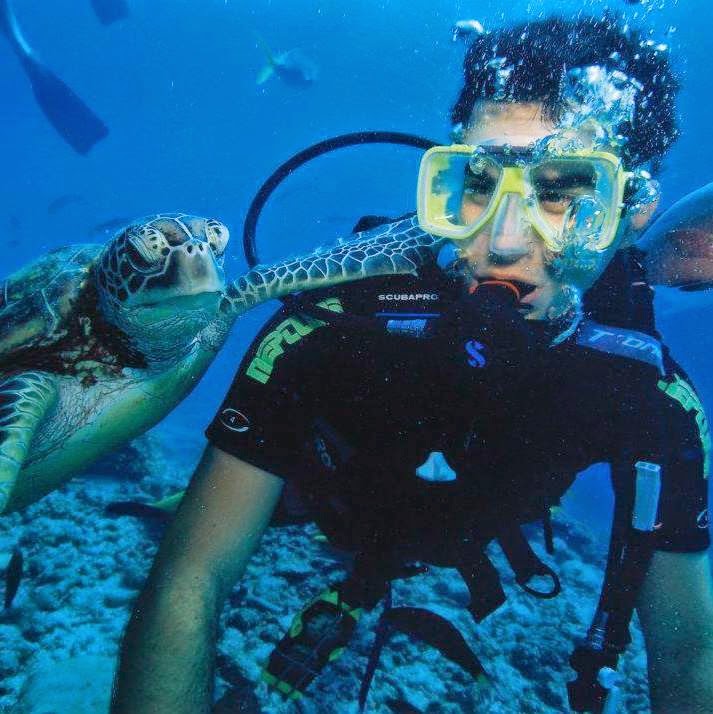AS students around the
world drag home squashed sandwiches and roll their eyes at being nagged to do
their homework, Mayiku Hamuzah turns on a kerosene lantern and squints at the
pages of his books.
Straight away, you
know, this is no ordinary teenager. And when you realise many of his friends
are doing the same, you know this is no ordinary school.
Each day, Hamuzah tries
to learn as much as he can before dark. Kerosene fuel is expensive, is as bad
for his lungs as smoking two packs of cigarettes a day, is not good for his
eyes and isn’t very bright anyway. But without electricity, it’s the best
lighting source he has once the sun goes down.
In fact, in his tiny
village of Kitoola, hidden amongst the butterflies of Uganda’s emerald green
Mabira Forest, the only signs of a western education are the coloured paper posters
on the walls, the English words written in chalk, and some vintage school desks
donated by an American Rotary Club.
There’s no lights, no
internet, no fridges, no computers, no play equipment, no library, no running
water.
Despite this, the 35
final year primary school children at Hopeland have been ranked 13 out of 185
schools in the district. And the astonishing results don’t end there. Scoring
distinctions and high distinctions in all of his subjects, Hamuzah was one of
the best performing students in the country.
But Hamuzah is just so thankful
he can go to school at all. It hasn’t always been the case for the children of
Kitoola. In fact, he is so excited about learning he jogs 50 minutes to and
from YOFAFO’s Hopeland Primary School just so he can arrive on time.
And it is now starting
to pay off. Despite his challenges, Hamuzah recently scored some of the highest
marks in the country in Uganda’s national exams, with distinctions and high
distinctions in every subject.
“Hopeland Junior School
has lovely and devoted teachers who have made it possible for me to make it and
my life has been transformed from zero to hero,” Hamuzah said.
“I want to become an
electrical engineer so that I can support my family and I will continue to work
hard, even in high school, so that I can achieve my dream.”
But it wasn’t just
YOFAFO, his teachers and his mother who he thanked. It was a young girl called
Maddy Burns from Boone in North Carolina.
Hamuzah and Maddy met
in 2012 when her university organised a volunteer trip to Uganda.
“We were sitting on the
front steps of his primary school and he asked me about American foreign policy
with Libya and my jaw dropped,” she said.
Their friendship grew
over the next week as they played football together and Maddy sat in on his
classes. She called her family at the end of the week and they agreed to
sponsor him.
A year later, she paid
him a surprise visit.
“I will never forget
that day, as I walked around the corner with Innocent and we came upon
Hamuzah’s house. He was outside studying,” she said.
“When he looked up from
his books, he saw me and dropped them on the ground and we ran to each other
and were both in tears.
“I am so proud of him
and though I’m a bit older than him, I admire and look up to him for
inspiration and hope.
“Sponsoring Hamuzah has
been by far the best decision I’ve ever made in my life.
“I believe in him and
know that he will do whatever he wants in life, especially because he has
people like Valence, Innocent, and the teachers at Hopeland guiding him to
success.”
To sponsor a child with YOFAFO or make a donation to the organisation, visit www.yofafo.org or email Valence Lutaisire at info@yofafo.org
To sponsor a child with YOFAFO or make a donation to the organisation, visit www.yofafo.org or email Valence Lutaisire at info@yofafo.org










